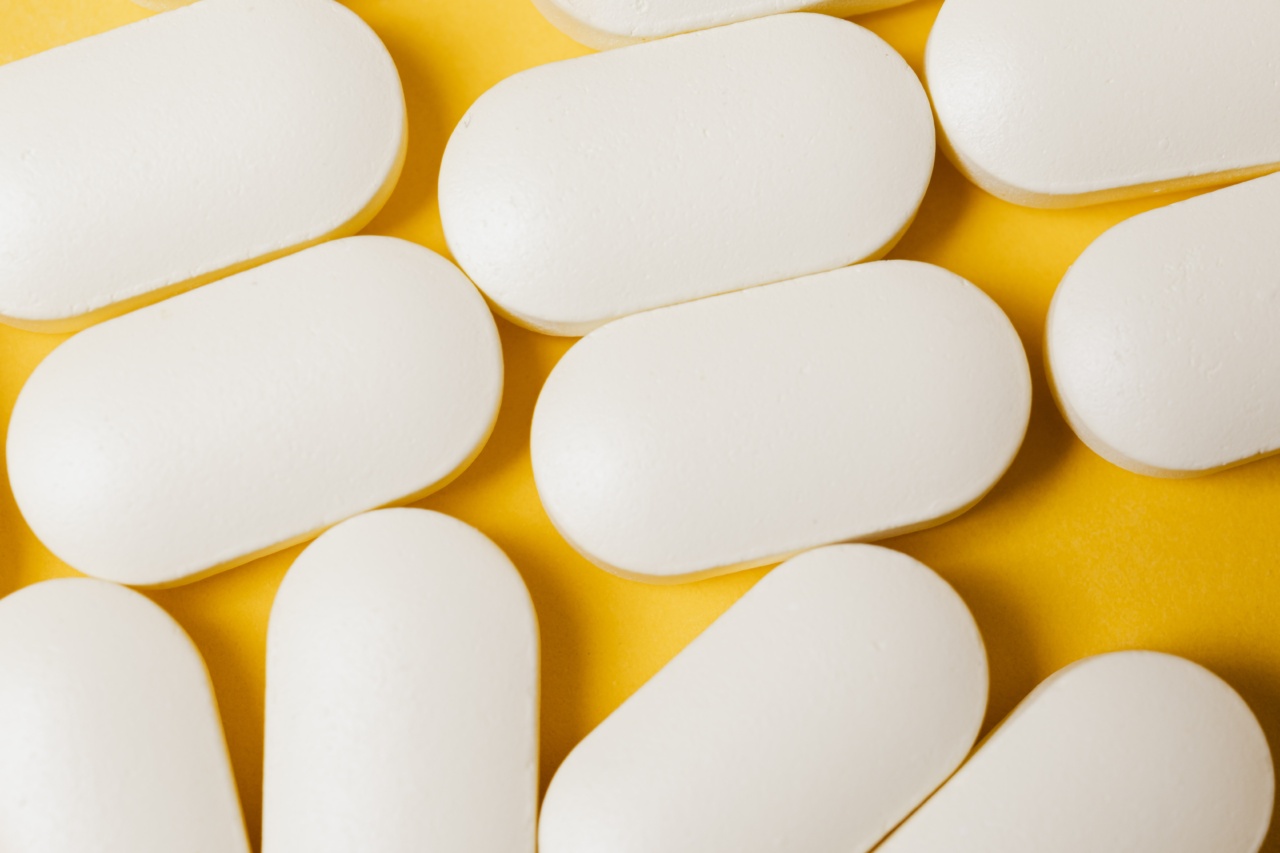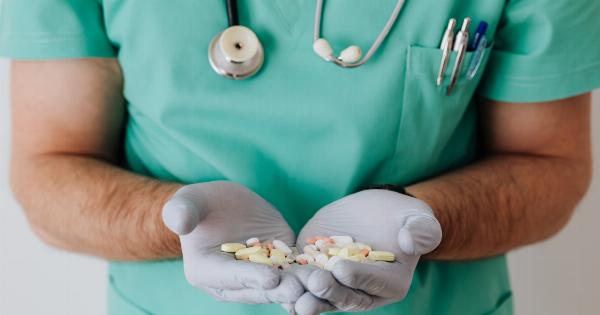Aneurysms are a serious medical condition that often go undetected until it’s too late.
These bulges in blood vessels can rupture and cause severe bleeding in the brain or other parts of the body, leading to disabilities, long-term cognitive impairments or even death. But is it possible to prevent them? The short answer is yes. With the right lifestyle habits, medical interventions, and medications, you can reduce your risk of developing an aneurysm.
But do all supplements that claim to help prevent aneurysms work? In this article, we’ll explore the most effective measures for aneurysm prevention and whether the cheap pill is worth the investment.
What is an Aneurysm?
An aneurysm is a weak or bulging spot on an artery wall, typically in the brain, but they can also occur in other parts of the body, such as the heart, spleen, or legs.
Aneurysms occur when the walls of an artery weaken and balloon out, causing the blood vessel’s diameter to widen. The excess pressure on the vessel walls can cause them to rupture, leading to potentially fatal internal bleeding.
Who is at Risk?
Aneurysms can happen to anyone, but some factors increase the risk. The following are some of the most common risk factors for aneurysms:.
- High blood pressure: Elevated blood pressure weakens arterial walls, making it more likely for an aneurysm to form.
- Tobacco: Smoking or using tobacco weakens the walls of the arteries, increasing the risk of an aneurysm.
- Age: Aneurysms are more common in older adults, particularly those over 50 years of age.
- Gender: Women are more likely to develop certain types of aneurysms, such as brain aneurysms.
- Familial history: Those with a family history of aneurysms are at higher risk of developing them.
- Medical conditions: Certain medical issues such as Marfan syndrome, Ehlers-Danlos syndrome, and fibromuscular dysplasia can increase the risk of aneurysm.
If any of these risk factors apply, it’s essential to monitor your health and take measures to reduce the likelihood of developing an aneurysm.
Preventing Aneurysms
Preventing aneurysms involves maintaining a healthy lifestyle, managing underlying medical conditions, and minimizing stress and injury to blood vessels. Here are the best ways to prevent aneurysms:.
Reducing High Blood Pressure
High blood pressure increases the risk of developing an aneurysm. Managing high blood pressure is critical in preventing aneurysms, and there are several things you can do to reduce your chances of developing this condition.
- Reducing salt intake: High sodium intake increases blood pressure. It’s essential to eat a low-sodium diet to cut back high blood pressure.
- Exercise: Physical activity helps strengthen blood vessels and keeps blood pressure in check. Walking, swimming, and cycling are effective exercises to help lower blood pressure.
- Quit or reduce tobacco use: Smoking or chewing tobacco weakens arterial walls, increasing the risk of an aneurysm. Quitting or reducing tobacco use can significantly lower the risk of this condition.
- Reduce stress: Stress can elevate blood pressure. Relaxation techniques, such as deep breathing, yoga, and meditation, can help relieve stress and lower blood pressure.
- Medication: Blood pressure medication can reduce the risk of developing an aneurysm. Speak with your healthcare provider about the best medication to manage your blood pressure.
Healthy Lifestyle Habits
Maintaining an overall healthy lifestyle is crucial in preventing aneurysms. Here are some healthy lifestyle habits to consider:.
- Eating a Healthy Diet: A diet filled with fresh fruits, vegetables, whole grains, and lean proteins supports healthy blood flow and lowers the risk of aneurysms.
- Maintaining a Healthy Weight: Obesity places additional strain on blood vessels, leading to an increased risk of aneurysms. Losing weight and maintaining a healthy body mass index (BMI) reduces the likelihood of developing an aneurysm.
- Getting Adequate Sleep: Lack of sleep increases your risk of high blood pressure, which puts additional strain on your blood vessels. Strive to get 7-8 hours of sleep each night to reduce your risk of hypertension and aneurysms.
- Avoiding Injuries to Blood Vessels: Athletic injuries, car crashes, and other traumas can cause damage to blood vessels, making it more likely for an aneurysm to occur. Practice safe driving techniques and wear appropriate safety gear while participating in sports to minimize trauma to your blood vessels.
Medical Interventions
In some cases, surgery or medical procedures may be necessary to correct an aneurysm. Here are some medical interventions that can treat an aneurysm:.
- Clipping: With this surgical procedure, a surgeon places a tiny permanent clamp on the base of the aneurysm to stop blood flow to the bulge.
- Endovascular embolization: In this procedure, a surgeon places a tiny coil into the aneurysm to prevent blood flow.
- Stent placement: With this procedure, a small metal mesh tube called a stent is placed inside the artery to prevent it from narrowing or bulging.
The Cheap Pill: Do Supplements Help?
People may turn to supplements when looking to prevent aneurysms. One such supplement is niacin, a form of vitamin B3 that is available over-the-counter.
Although it is often marketed as being helpful in preventing aneurysms and heart disease, research has not been conclusive, and the side effects of niacin supplementation can be severe. In some cases, taking niacin supplements can cause liver damage, stomach ulcers, or high blood sugar.
Another supplement, coenzyme Q10, is thought to have some benefit in reducing blood pressure and preventing aneurysms, but the studies are limited and the evidence is inconclusive.
More research is needed to determine whether this supplement is an effective aneurysm prevention strategy.
The bottom line: when it comes to supplements for aneurysm prevention, there is no magic pill. Instead, maintaining healthy lifestyle habits and managing underlying medical conditions are the most effective ways to reduce the risk of an aneurysm.
Wrap Up
An aneurysm can be a life-threatening condition, but by following healthy lifestyle habits, reducing high blood pressure, and managing underlying medical conditions, you can prevent the development of an aneurysm.
While supplements are marketed as being helpful in preventing aneurysms, there is currently no conclusive evidence to suggest they are effective. The key to aneurysm prevention is leading a healthy lifestyle and seeking medical attention when necessary. By taking control of your health, you can reduce your risk of an aneurysm and other cardiovascular conditions.































